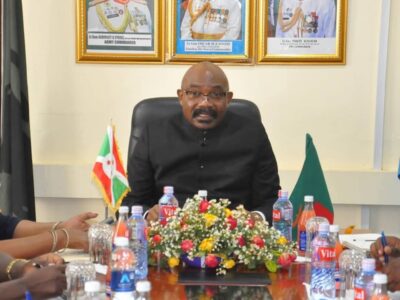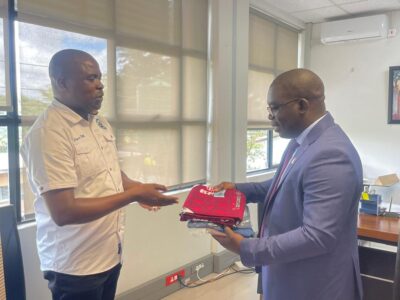Standard Chartered Bank Zambia Chief Executive Officer, Sonny Zulu, says earnings derived from the Export Proceeds Tracking Framework must be converted for payments within the country.
Zulu expressed hope that this would place some relief on the Kwacha.
The Central Bank of Zambia commenced the implementation of the Export Proceeds Tracking Framework on January 1, 3021.
Bank of Zambia (BoZ) deputy Governor Operations, Dr Francis Chipimo, announced on Monday that more than US$100 million came in through this facility.
Zulu suggested in Lusaka when he addressed journalists that these proceeds should be spent in Zambia for the initiative to have a positive impact on the Kwacha.
“We are yet to see the full benefits of that but also it is very important for us to know that this money must be spent in the country because if it comes in and still sited in the dollar account and there is no transaction happening, the dollar balances will go up but there will still be pressure on the local currency.
“That is why the entire ecosystem has to work. It is important for those earnings to be converted for payments within the country,” he said.
Zulu also commended the Central Bank for measures taken to stabilise the exchange rate such as the Statutory Reserve Ratio (SRR).
While acknowledging that this measure has had a negative impact on commercial Banks, Zulu recognised that it had put some relief on the Kwacha.
“Increasing the SRR.. we can see that it begins to reduce the availability of the local currency and that helps to put some relief on the local currency,” he said.
In a move seen as a desperate attempt to thwart the free-fall of Kwacha and rising inflation, the BoZ this month hiked the SRR by nine percent to 26 percent.
The minimum statutory reserve ratio was increased to 26 percent from 17 percent respectively.
Zulu also encouraged Zambians to be patriotic by buying local products to support the local currency.
“Manufacturing has also remained kind of static and in some case declined a bit. As long as we continue to import, our local currency will continue to depreciate.
“I know that we may not impose tariffs on anyone…but it is very important that as Zambians to begin to be patriotic and begin to buy Zambian products. The more we buy Zambian, the less the pressure on the local currency,” he added.
WARNING! All rights reserved. This material, and other digital content on this website, may not be reproduced, published, broadcast, rewritten or redistributed in whole or in part without prior express permission from ZAMBIA MONITOR.












Comments